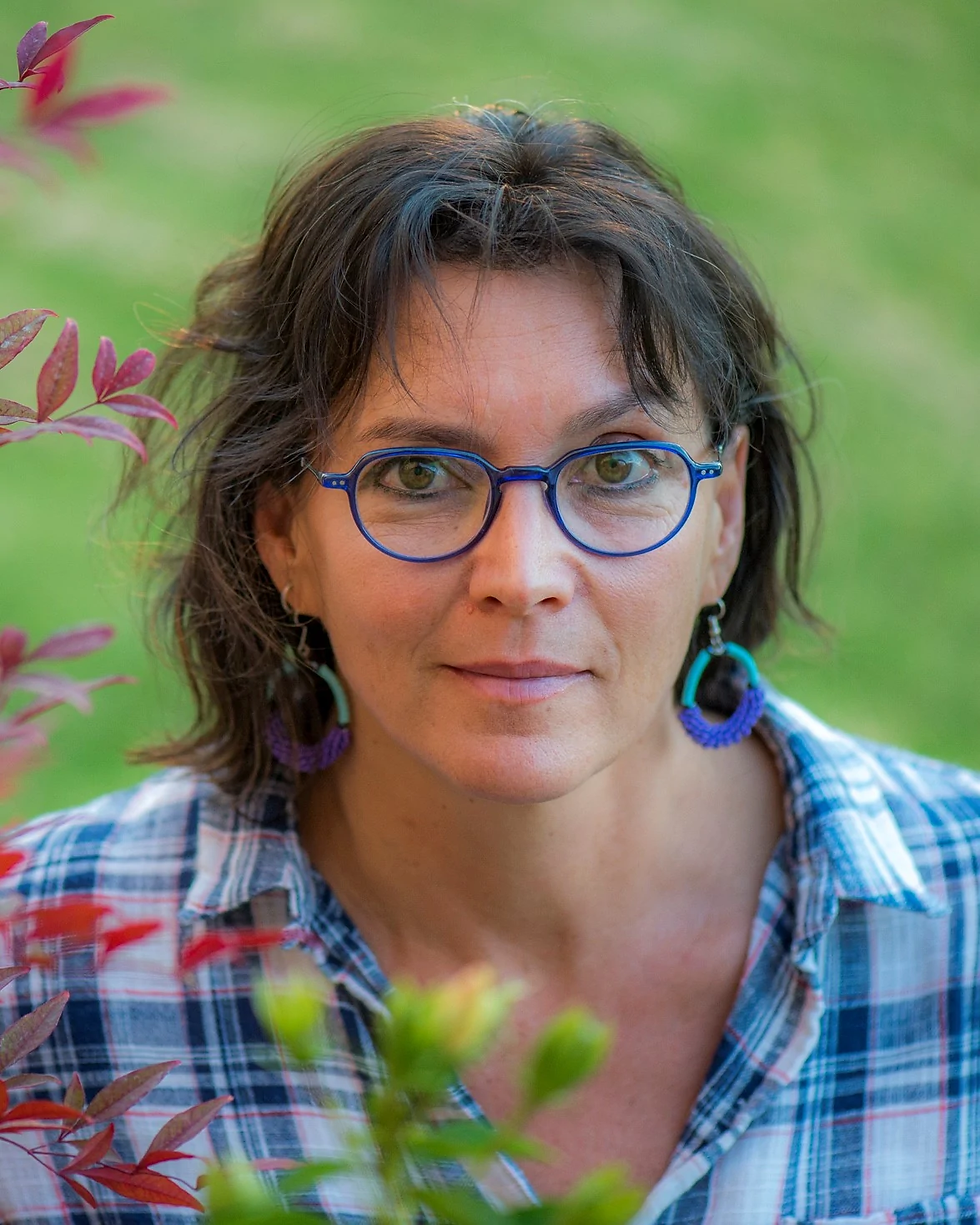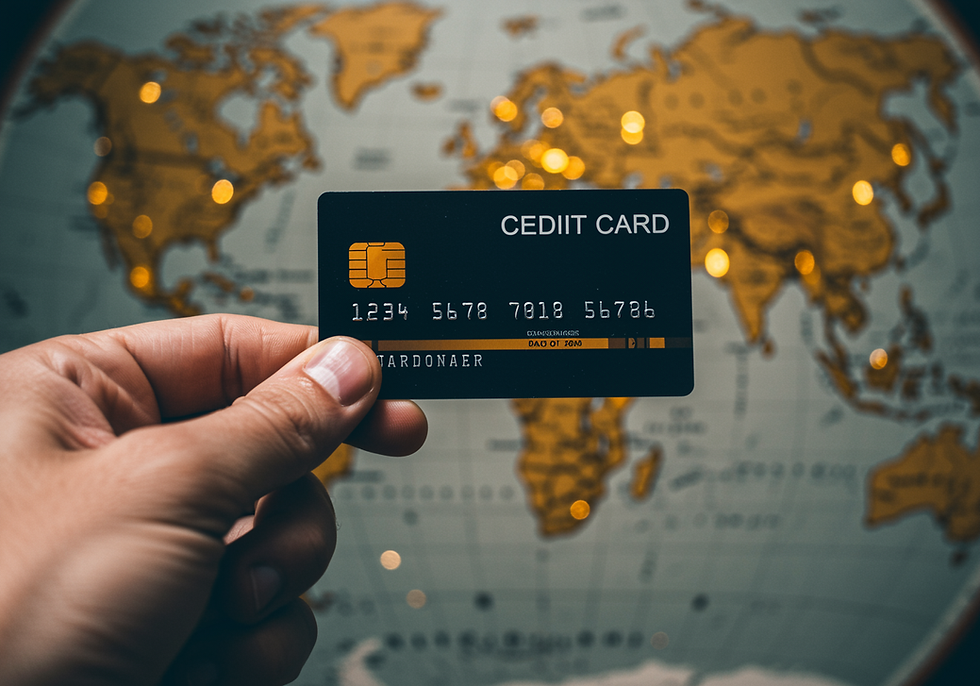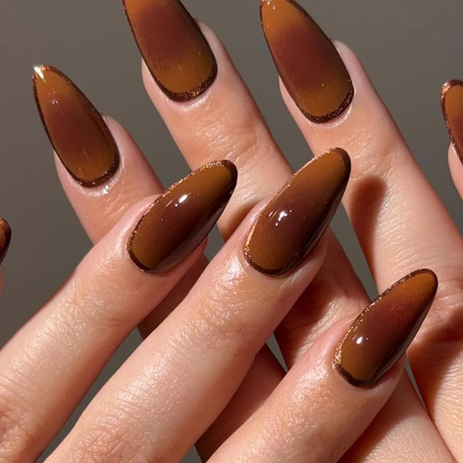Meet 5 Female Directors Redefining South African Cinema
- BY HANNAH GOVENDER

- Sep 1, 2025
- 2 min read

South Africa’s film industry has been a crucible for bold storytelling, but in recent years, it’s the women behind the camera who are reshaping the narrative. These directors aren't just making films, they're designing cultural blueprints, challenging norms, and amplifying voices that have been sidelined.
From independent features to blockbuster productions, these women are redefining storytelling, their work pushes boundaries—exploring complex narratives, highlighting underrepresented voices, and bringing South African stories to global audiences with unmatched creativity. Beyond artistry, these directors are also trailblazers in leadership, mentorship, and industry innovation, inspiring the next generation of filmmakers. Here are five female directors who are shaping the future of South African film.
1. Sara Blecher

Sara Blecher is one of South Africa’s most acclaimed directors, known for her emotionally resonant and socially conscious films. Her work often explores identity, trauma, and resilience. Belcher's notable works include Otelo Burning, Ayanda, Dis Ek, and Anna.
Blecher blends poetic realism with raw emotional depth, often spotlighting youth and marginalised communities. She’s a founding member of the Female Filmmakers Network and a vocal advocate for gender equity in the industry
2. Nosipho Dumisa

Nosipho Dumisa burst onto the scene with a fresh take on genre filmmaking, proving that thrillers and mysteries can thrive in a South African context. Dumisa's notable works include, Nommer 37, Blood & Water (Netflix). Her style often features high-stakes suspense with a distinctly Cape Flats flavour. Dumisa’s success on global platforms like Netflix has opened doors for young creators in genre storytelling.
3. Jenna Bass

Jenna Bass is a genre-bending filmmaker whose work defies categorisation. Her films often merge fantasy, satire, and political commentary. Bass’ notable works include, High Fantasy, Flatland, and Tokoloshe. Her style includes DIY aesthetics, improvisational dialogue, and radical narrative structures. Bass challenges traditional filmmaking norms and often collaborates with non-professional actors to democratize storytelling.
4. Thishiwe Ziqubu

Thishiwe Ziqubu is a writer-director whose work centres on queer identity, spirituality, and African mythology. Her notable works include, While You Weren’t Looking and Emoyeni. Ziqubu's style often features lyrical tones, intimate scenes, and is deeply rooted in African cosmology.: Ziqubu is a trailblazer for LGBTQ+ representation in African cinema and a fierce advocate for inclusive narratives.
5. Reabetswe Moeti

Reabetswe Moeti is part of a new wave of directors bringing fresh energy and innovation to South African screens. Moeti's notable works include, Miseducation (Netflix) and Four Walls. Her style is Youthful, vibrant, and socially aware. Moeti’s work resonates with Gen Z audiences and reflects the evolving cultural landscape of post-apartheid South Africa.
Why Their Work Matters
These directors are more than artists; they’re cultural architects. Through their lens, we see ethical storytelling that challenges stereotypes and centres marginalised voices. This industry encapsulates an enterprising spirit, with many founding production companies and mentoring emerging talent. We witness systemic impact, as their films influence public discourse on gender, race, and identity.
Their success also signals a shift in the industry: from male-dominated narratives to inclusive, intersectional storytelling that reflects the full spectrum of South African life.


























































